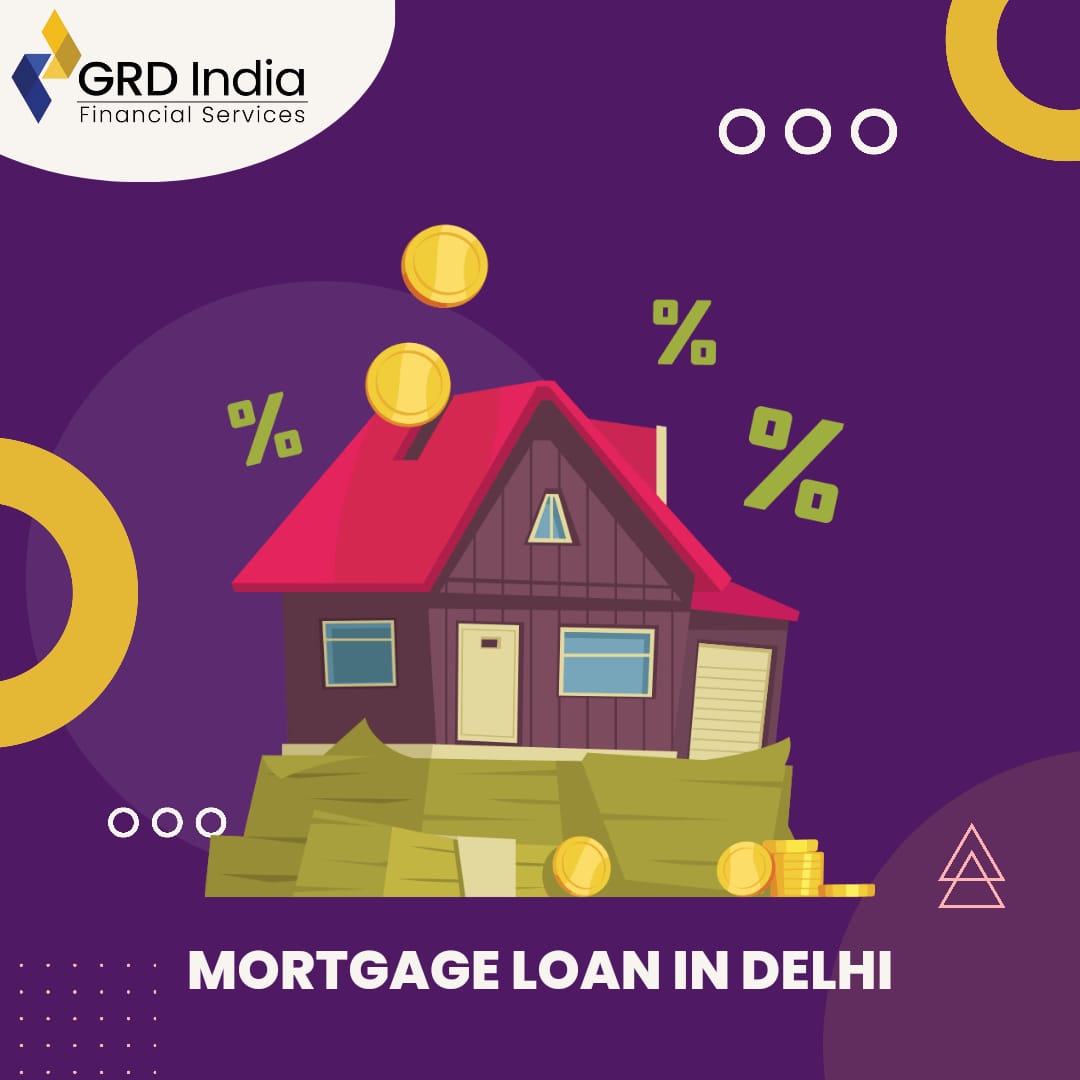What are the benefits of availing of a Loan Against Property Overview
What is loan against property?
A loan that you can avail by mortgaging your property. Loan against Property, as the name suggests, is a
loan that is either owned by the applicant or by his guarantor, who is usually the parent. is given in
exchange for the value of the property. This property is mortgaged, which means that the property
papers and legal ownership of the property remain with the bank till the loan is repaid.
Loan against property is a secured loan, in case of loan default; bank can take over the property and
auction it to recover loan dues. In this loan the home ownership stays with you, you can use and rent
out the property. In case if you can't repay the loan amount so you can sell your property and pay off
the loan.
- No end-use restrictions:
The borrower can use this loan amount for any motive as long as it is appropriate. So you can use it as a
personal loan for e.g. your child's education, home renovation, children's marriage, medical expenses,
business expansion, debt management and more.
- Maximum Loan Tenure:
A loan can be provided against the property for a period of more than 5-15 years. So if you have high
fixed monthly fees or are already paying a higher EMI for other loans, you can reduce your EMI by
choosing a maximum loan term of 15 years. Although, borrowers should memorize that the longer the
loan period, the more interest they will pay.
- Low Interest Rate:
The interest rate on property loans are varies from 8.50%-13%, which is relatively lower than the
unsecured loans like personal loans. The interest rate on Loan Against Property fully depends on the real
property value, loan amount and ability to repay the loan. In addition, the borrower has right to choose
between a fixed interest rate and a floating interest rate. It is only appropriate to choose a fixed interest
rate if there is a high probability that interest rates will rise continuously in the future.
- Large amount:
Lenders usually offer loan amounts ranging from 50% to 70% of the market value of the property. This
margin ensures that the borrower is well prepared for the ups and downs in the real estate industry. So,
if you have a valuable asset, you can get a good amount for it.
- Low fees:
Home equity loans have lower processing fees and down payment fees than other types of loans.
Therefore, before applying for this type of loan, it is necessary to compare the additional fees offered by
different lenders.
- Quick and easy process:
Since a property loan is a mortgage loan, there are no strict eligibility criteria. However, applicants must
own a freehold residential or commercial property in their own name. You (the applicant) must submit
all of the necessary documents to the lender such as ID copy, address proof, property documents,
income proof, etc. Along with the signed application form, after that the bank or NBFC will start
processing the loan for supporting documents.
- Again, a financial institution:
Borrowers can increase the loan amount as the value of the property increases over time. This option is
called refinancing. Refinancing allows borrowers to get the many benefits out of the property. Also,
since it is similar to a paid loan, some formalities are required.
- Occupancy continue:
Since it is a mortgage, the ownership of the property is transferred to the lender. However, borrowers
can still retain possession of residential or commercial real estate. Also, the borrower can rent/let the property to earn income from it.









